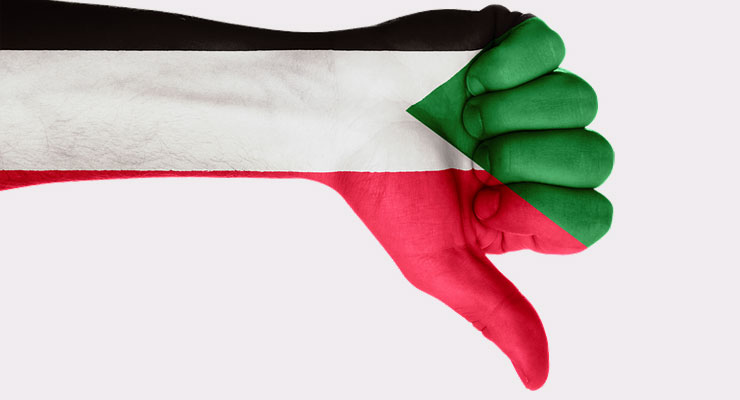
From Voice of America
Sudan’s longtime ruler was defiant Monday in the face of more than three weeks of protests demanding his resignation, reiterating at a rally in the west of the country that a change in leadership can only come through the ballot box.
In power since 1989, Omar al-Bashir is already one of the region’s longest serving leaders. His ruling Popular Congress Party has nominated him to run for another term in office next year.
“The people brought this government to office and there is only one way [to change it] and that’s the ballot box,” al-Bashir told hundreds of supporters in the Darfur city of Nyala. “The ballot box is what decides and the people of Sudan will chose who rules them in 2020, God willing.”
Al-Bashir’s years in office have failed to lift Sudan out of its rampant poverty or bring peace and unity to the religiously diverse country. Sudan was Africa’s largest country until 2011, when the mainly animist and Christian south seceded, taking with it about three quarters of the country’s oil wealth.
He was indicted in 2010 by the International Criminal Court for genocide in Darfur, where a revolt was brutally suppressed by forces loyal to the government, including militias. Tens of thousands died in that conflict and hundreds of thousands were displaced.
The ongoing, anti-government protests erupted on Dec. 19, initially over price hikes and shortages but soon shifted to calling on the Islamist president to step down. The unrest has spread across much of Sudan, including areas north of Khartoum from which the country’s ruling establishment traditionally hails.
At least 40 people have been killed in the clashes, according to rights groups, but the government has acknowledged only 24 deaths. Authorities have also detained more than 800 people since the unrest began, along with dozens of opposition leaders.
Al-Bashir on Monday repeated his claim the unrest is the work of Sudan’s foreign enemies who use local agents for their schemes. “They don’t like the stability we’ve achieved,” he said.
“There is an economic problem… and we are working to resolve it,” he said without elaborating. Last week, he pledged to continue state subsidies for basic items, raise salaries, improve health care and overhaul the banking system. He didn’t say how he intended to do any of that.
Also Monday, security forces detained at least 18 journalists, mostly from the independent Khartoum daily al-Jareeda. The arrests were made as the journalists gathered outside the newspaper’s offices before heading to the headquarters of the domestic security agency to protest state censorship.
Activists say authorities have further tightened control of the independent media since the latest unrest began, with news of the protests mostly censored or not published at all.
Leave a Reply